Updated: 2020 July 14
Before you get into this and think, "are these really the joys of getting older?", these are simply possibilities, not inevitabilities. While some of these conditions are highly likely and can vary from minor to severe, there are others that depend on genetics and predispositions etc.
LOSS OF BONE STRENGTH
Bone density decreases significantly – especially in women. As bone structures weaken, we are prone to hip fractures, joint degeneration and losing teeth. Arthritis becomes very common due to our deteriorating joints.
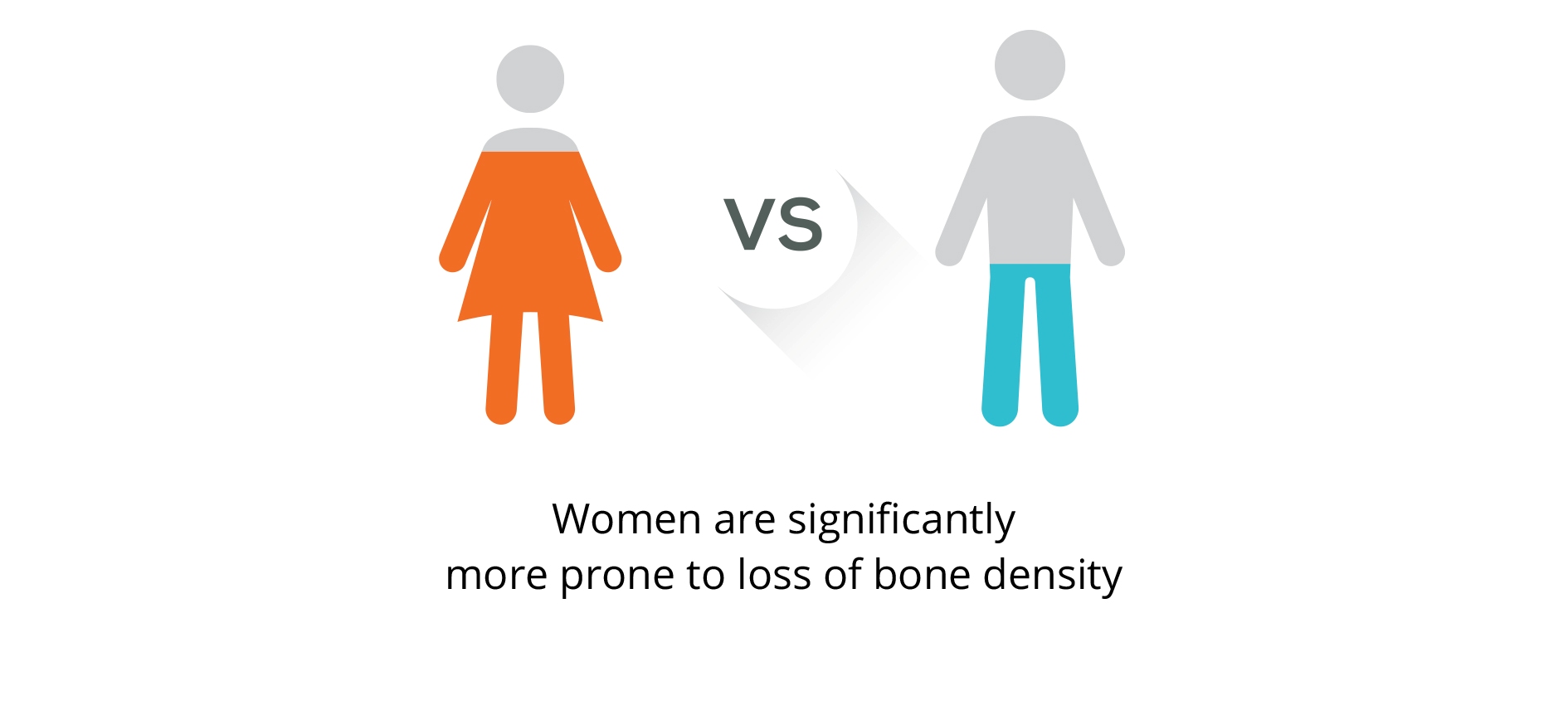
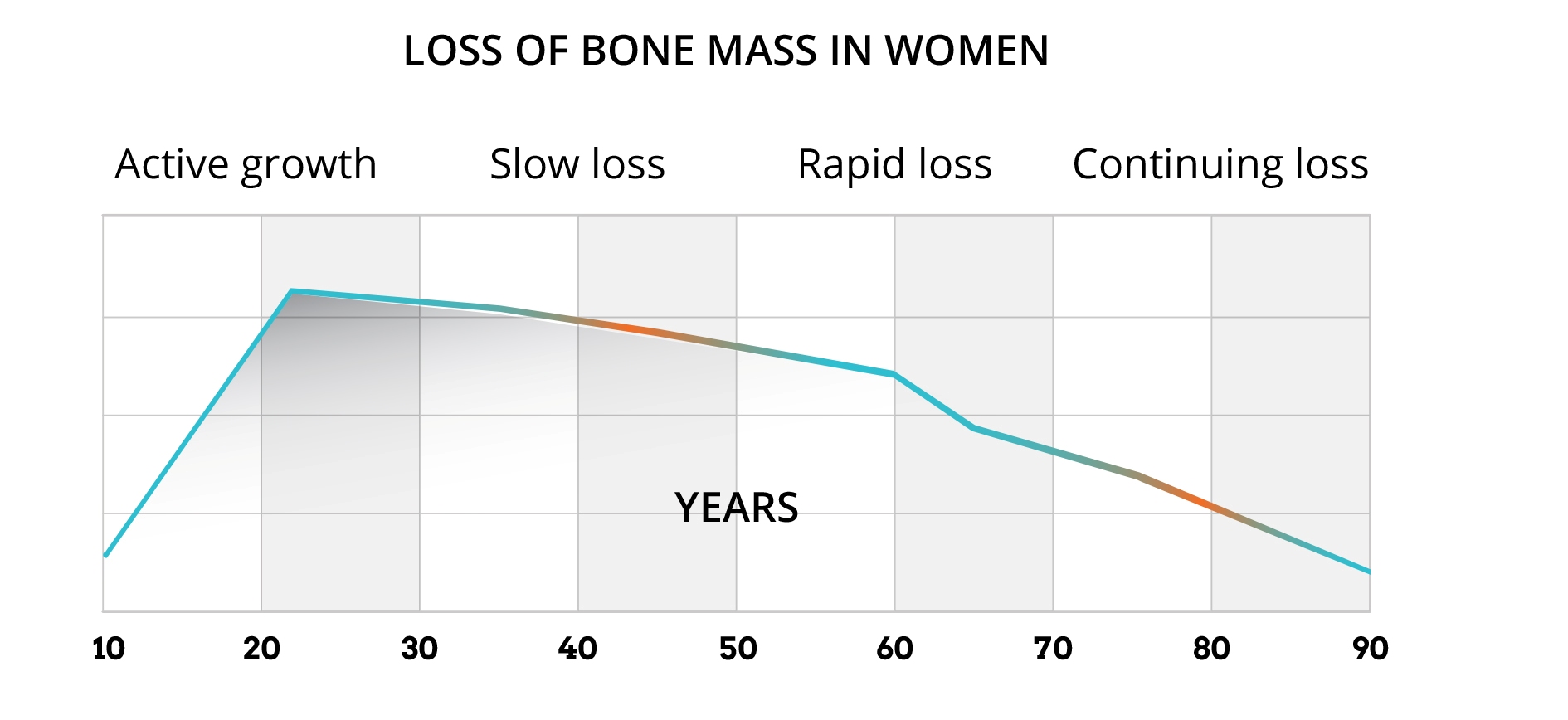
BALANCE DISORDERS
The inner ear and the vestibular system that controls your balance deteriorates, resulting in loss of balance or sudden dizzy spells. This may become a more complex problem, as falling has more serious consequences. The combination of bone deterioration and lack of balance can lead to serious injury. Vertigo is the most common problem regarding balance, but a lack of muscle tone is also a contributing factor.
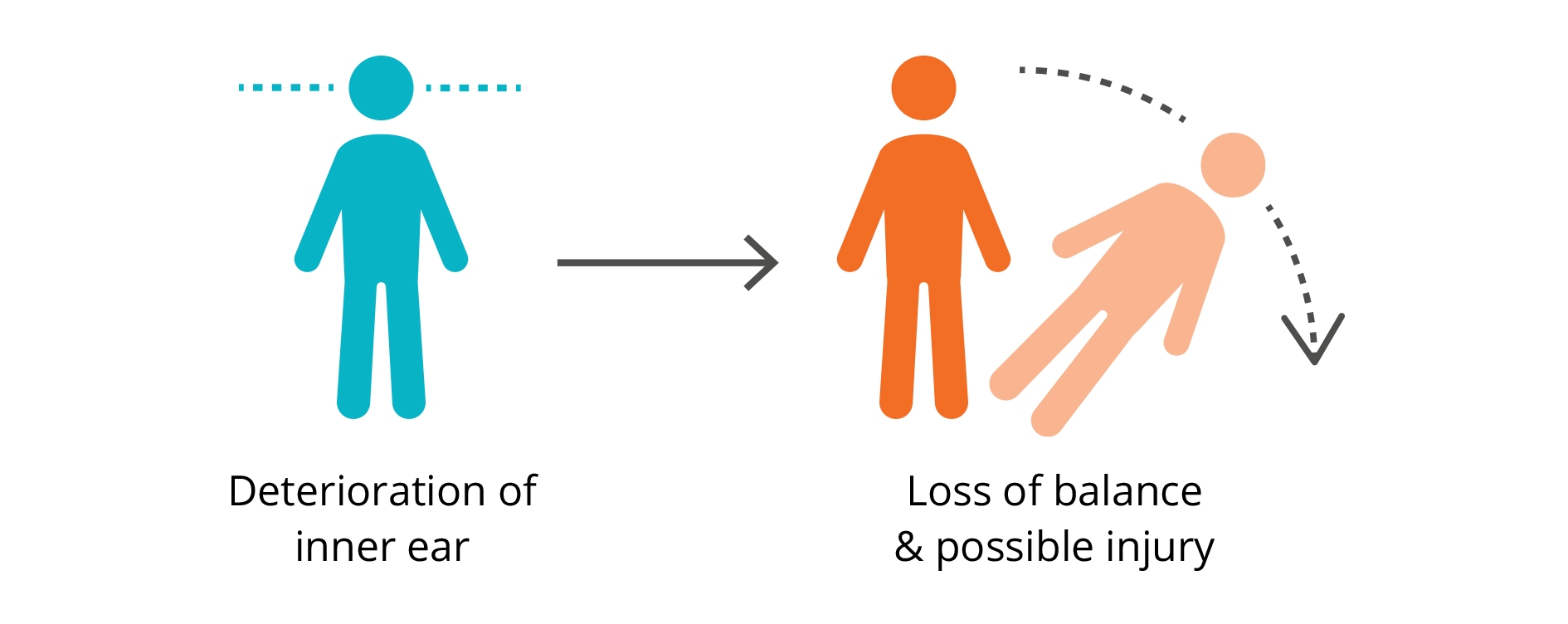
LOWERED IMMUNITY
As we age, our immune systems become more compromised. Our bodies don’t digest nutrients properly anymore, so we have a tendency towards vitamin and mineral deficiencies. Ageing is associated with an increase in cytokines – the small proteins that act as communications between cells. They are an important regulator of an immune response to trauma or infection. When cytokines increase, a pro-inflammatory response to even the smallest sign of trauma or infection is common. This combined with the increase in risk of disease puts our bodies in an almost constant state of inflammation. Due to this inflammation, a whole host of other inflammatory diseases, such as cardiovascular diseases and cancer varieties, become more prevalent.This is why “old people” get sicker faster and take much longer to recover.
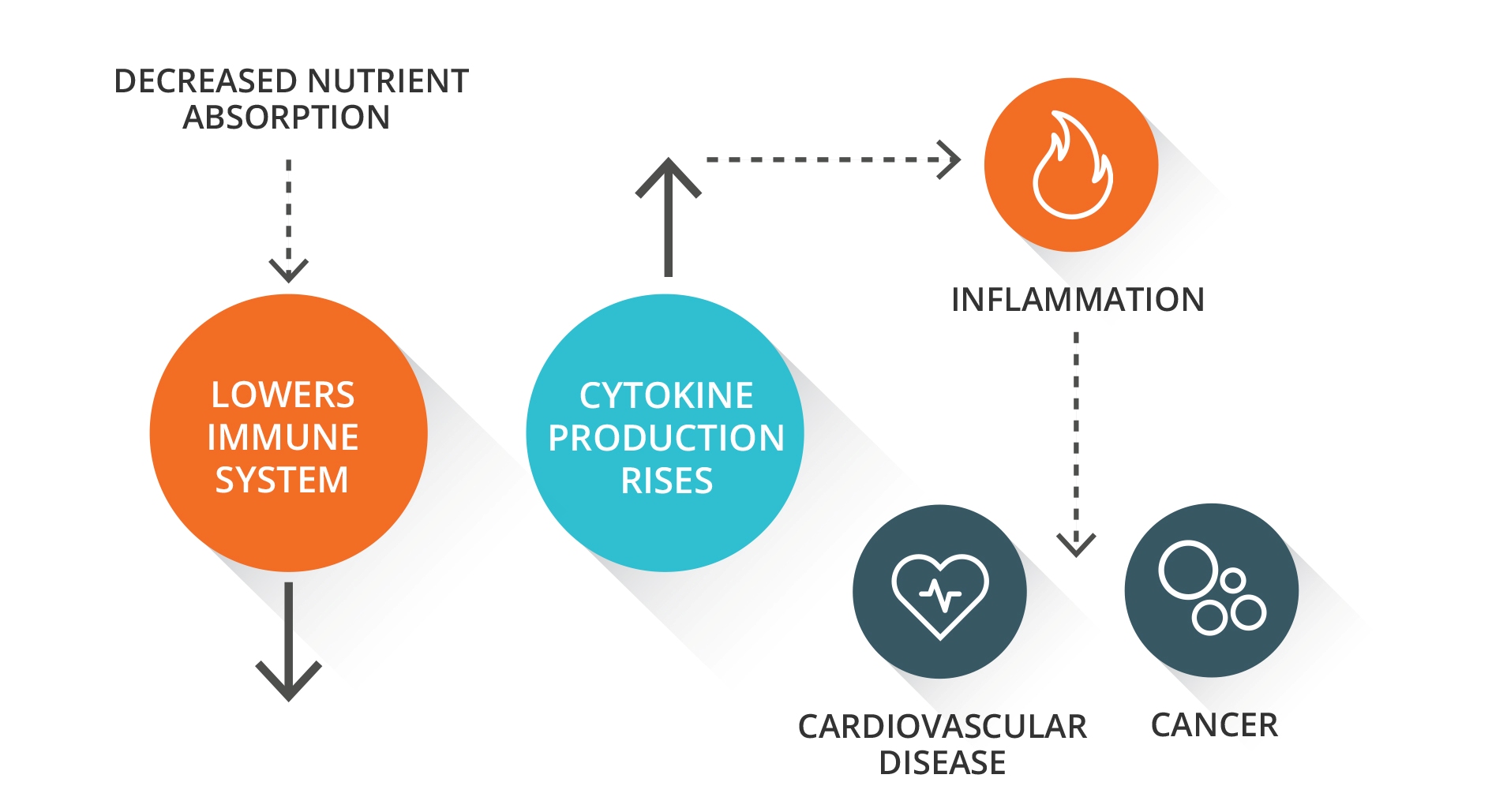
ALZHEIMER'S AND DEMENTIA
Alzheimer’s destroys memory and important mental functions as brain cells degenerate and die. Symptoms include disorientation, forgetfulness, difficulty concentrating, personality change and mood swings. Dementia is typically less severe but can have equally detrimental consequences. It causes memory failure, thought impairment and difficulty communicating. Oftentimes, people are physically in good nick, while their brains and mental functions are deteriorating at a far quicker rate.
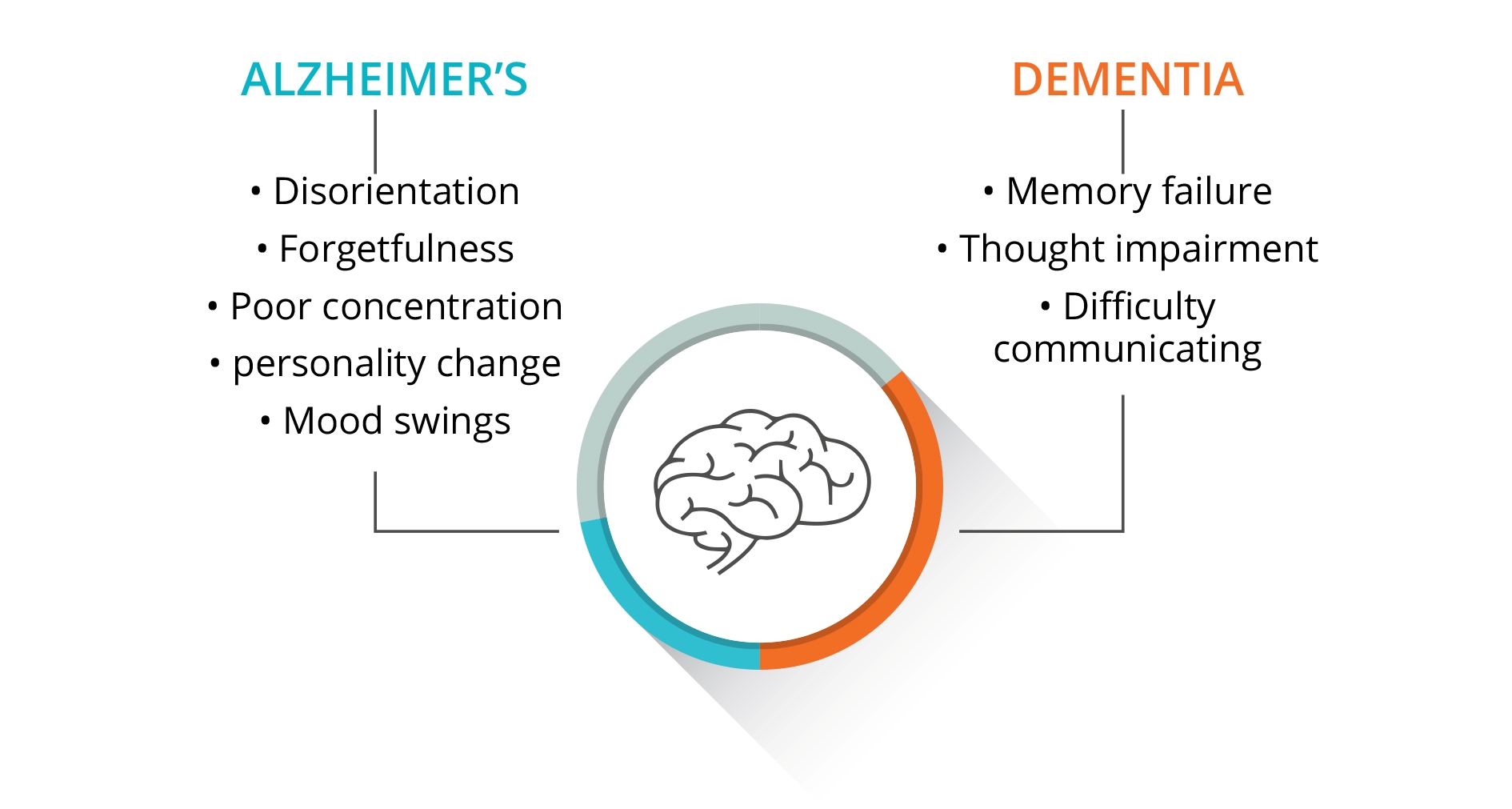

Comments
Not at all! This is just the worst case scenario. Almost everything is preventable with a good diet and exercise... we'd like to think that Optimal members will look at this information and think "That's not going to be me!"